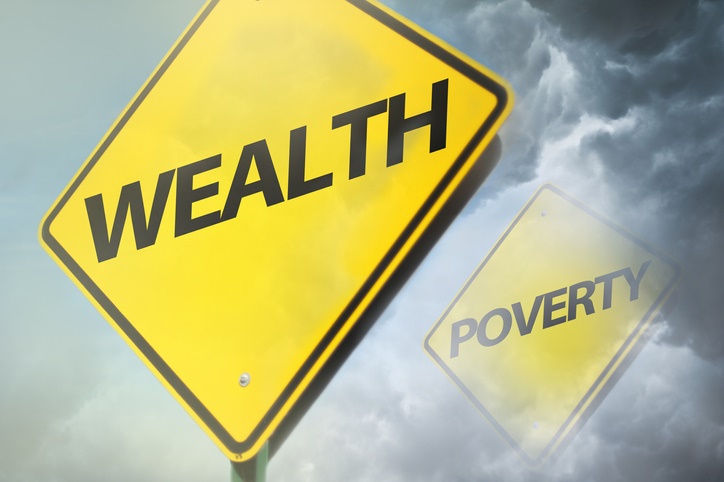
Hopefully sooner rather than later, a vaccine will be developed to counter the Covid-19 coronavirus. But the eruption of this disease, which is spread by contact, has highlighted several important – and all too often largely ignored – factors about our world and the way we live in it.
In the first place, the spread of Covid-19 has underlined that we really do live in an interconnected global city. It is a place where even the most far-flung suburbs and rural areas are readily accessible to those who have the wherewithal to fly or cruise from place to place.
Also clearly highlighted is the fact that this is a grossly, even obscenely, unequal global society sprawled across the quarter of the planet’s surface that is land.
One example of this was the sight of relatively well-heeled and panicking shoppers piling their trolleys with food, toilet paper and hand sanitisers this week.
At the same time, there was a sudden realisation at official level that millions of South Africans do not have regular access to clean water to carry out the presidential decree to wash their hands.
We have been assured that plans will be made and water takers will be distributed. This week, when talk began of closing down universities and sending students home, there were protests from a number of students. They pointed out that the lack of water, let alone hot water, “at home” meant they were safer staying where they were.
However, there seems little focus, as yet, on such matters, although they have been noted. But sight also tends to be lost of the fact that this flu-type virus kills perhaps fewer than two out of every 10 people who contract it.
Those who do succumb tend to be the elderly and those with pre-existing health problems – in other words, people whose immune systems are compromised.
Those individuals with a decent roof over their heads and who are fit, healthy and well nourished will most likely survive even if they fall prey to the disease.
And people in such positions can usually afford to isolate themselves to avoid contracting or spreading the virus.
Unfortunately, this is not the case for the majority of South Africans. Nor, for that matter, that of probably the bulk of the global population for whom deadly epidemics are regular, even ongoing occurrences.
For the most part, these people comprise the army of casual workers – the poorest of the poor who are often hungry, have few resources and live cheek by jowl in squalid conditions.
How many people in the leafy suburbs, now apparently well stocked with toilet paper and hand sanitiser, are aware that TB alone kills more than 20 000 mainly poor South Africans every year? The disease has been rampant for decades and, if the number of deaths of people with TB and HIV (they are recorded as HIV deaths) are added, the mortality figure is probably close to 60 000.
Multidrug-resistant TB and extensively drug-resistant (XDR) TB, which form part of this bacterial infection, are now prevalent. Yet TB, in all its forms, can be treated and cured. But there are inadequate facilities.
There are not even enough beds to isolate highly infectious XDR patients who may continue using – or even driving – that ubiquitous form of worker transport, taxis.
Given this record, it is difficult to be optimistic about government’s claims that it has the resources to contain and defeat Covid-19.
Hopefully, it has – and will. Then it must just as seriously move to tackle problems that have long existed. After all, the Constitution holds that all lives are of equal value.




 Publications
Publications
 Partners
Partners









